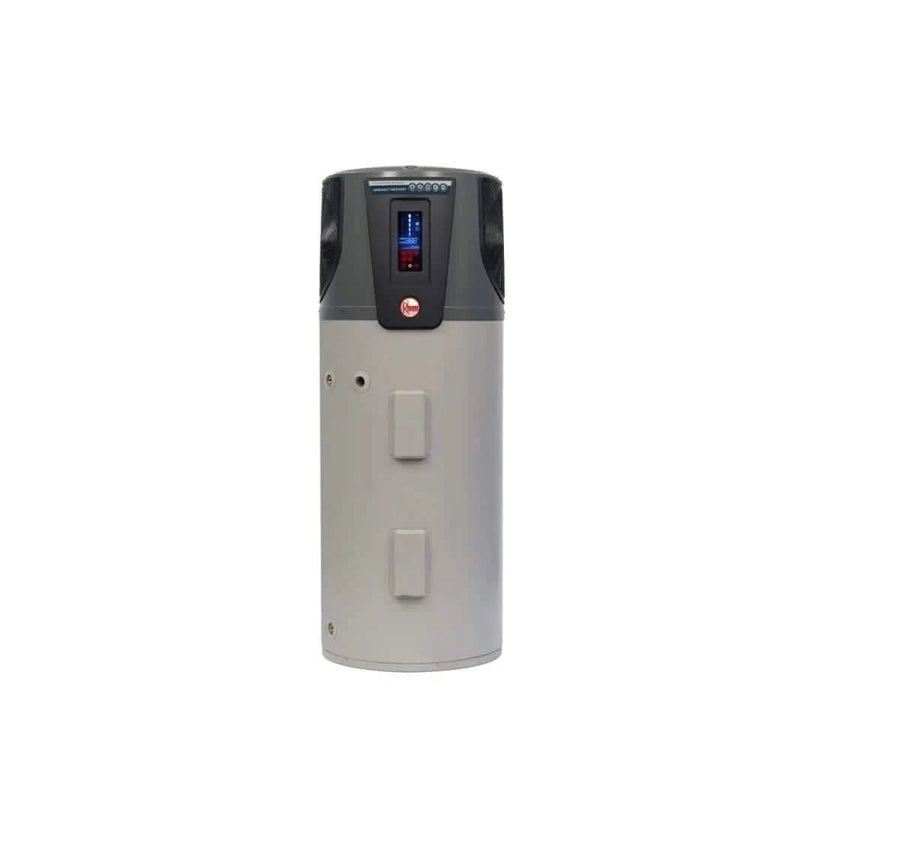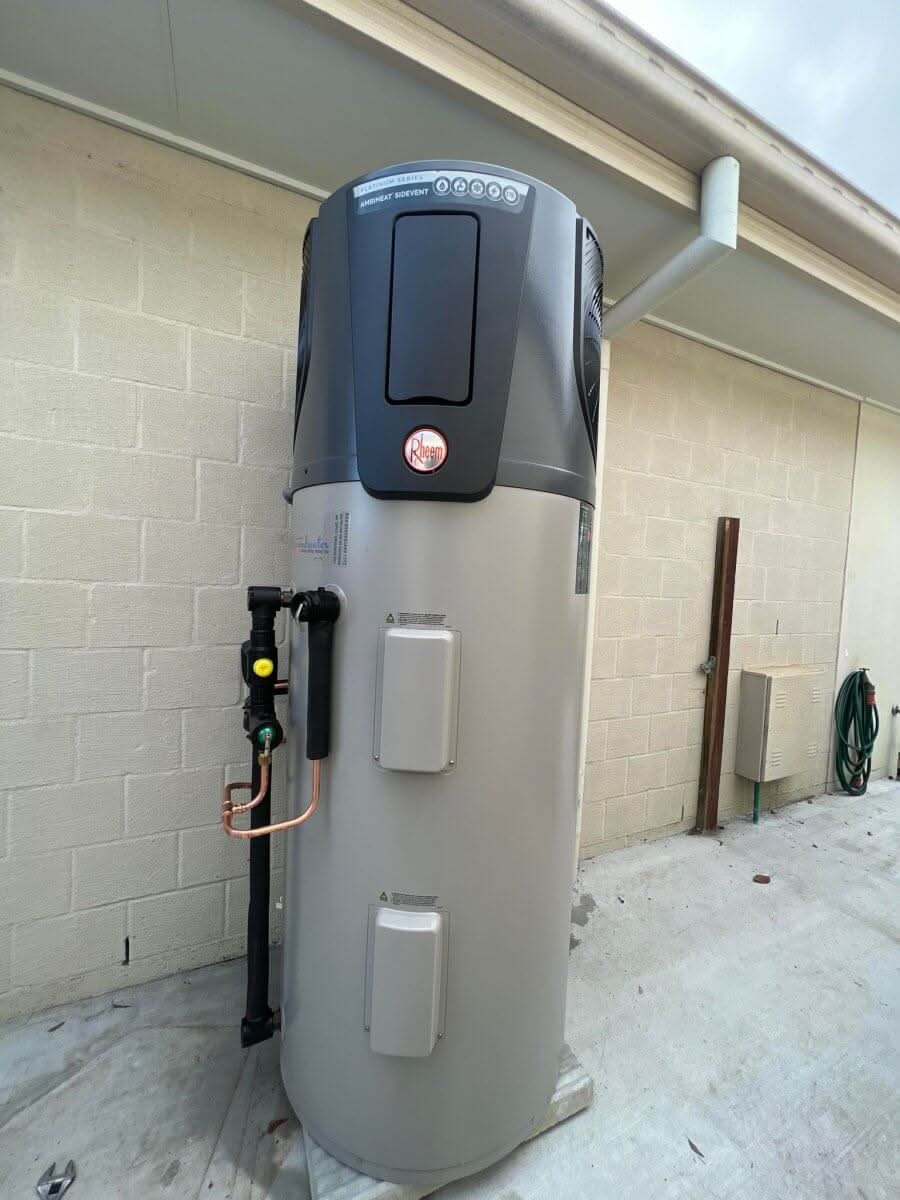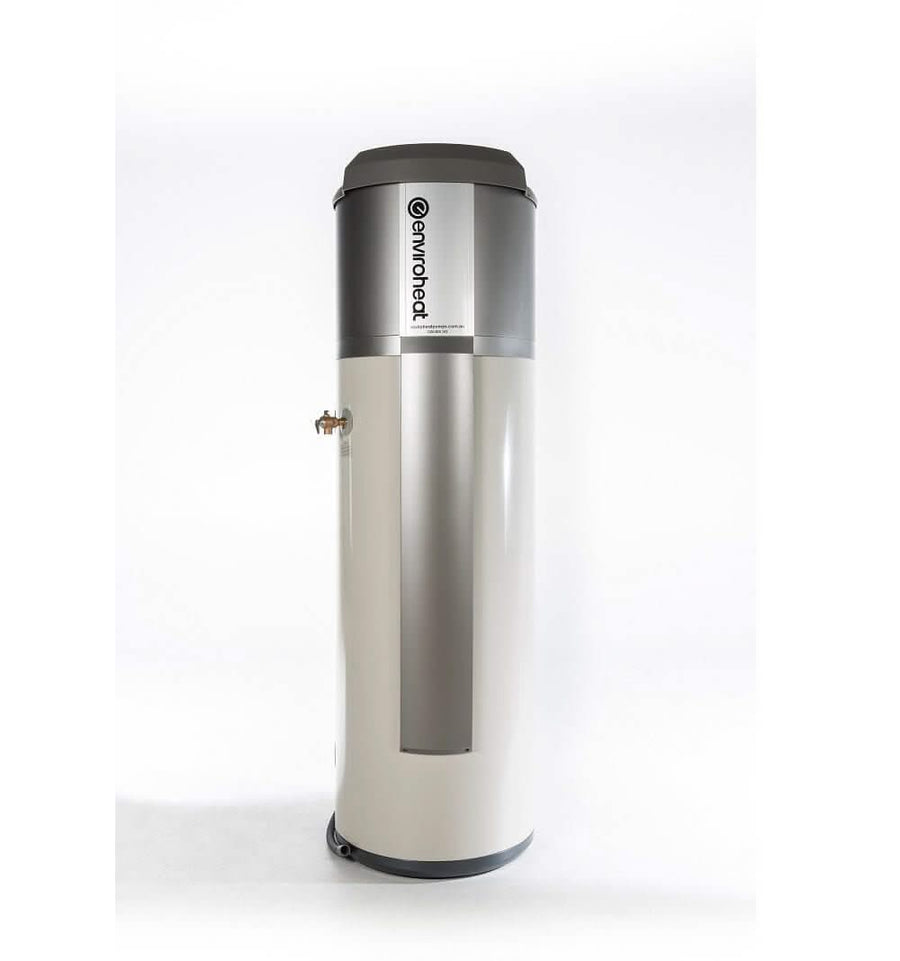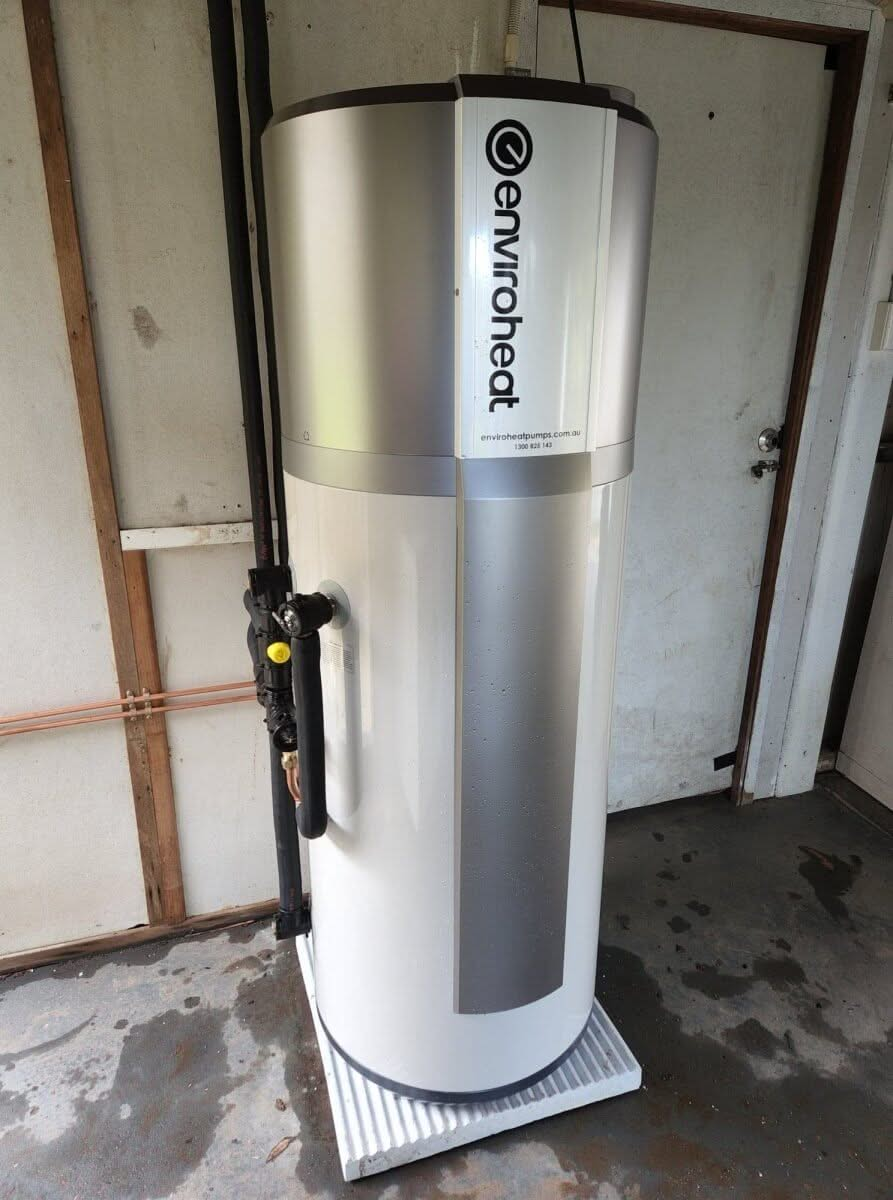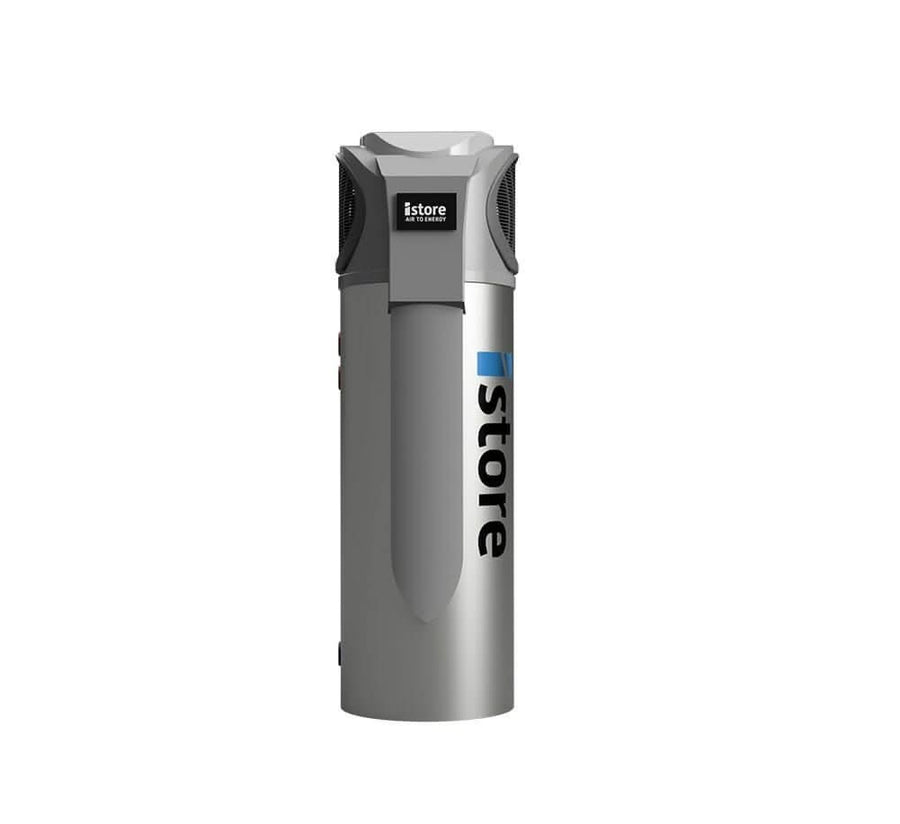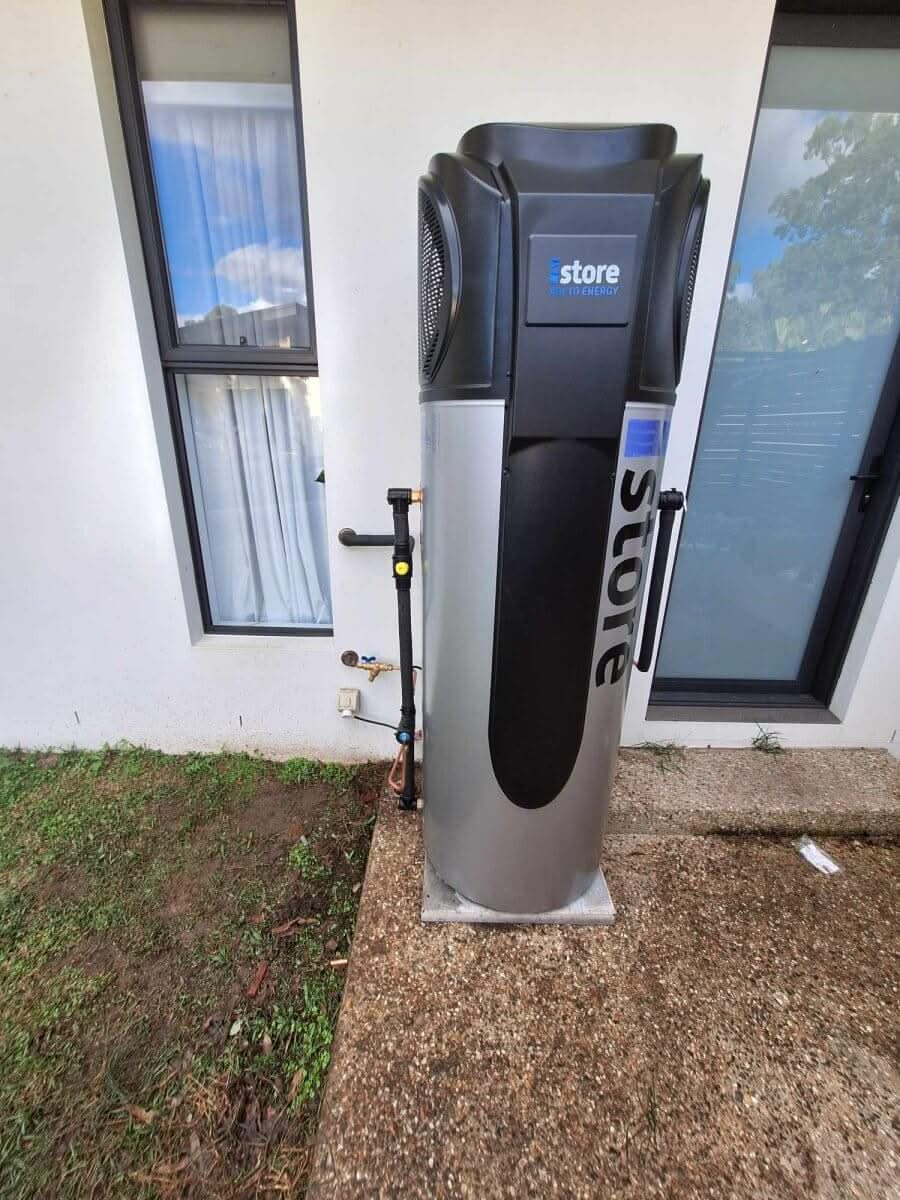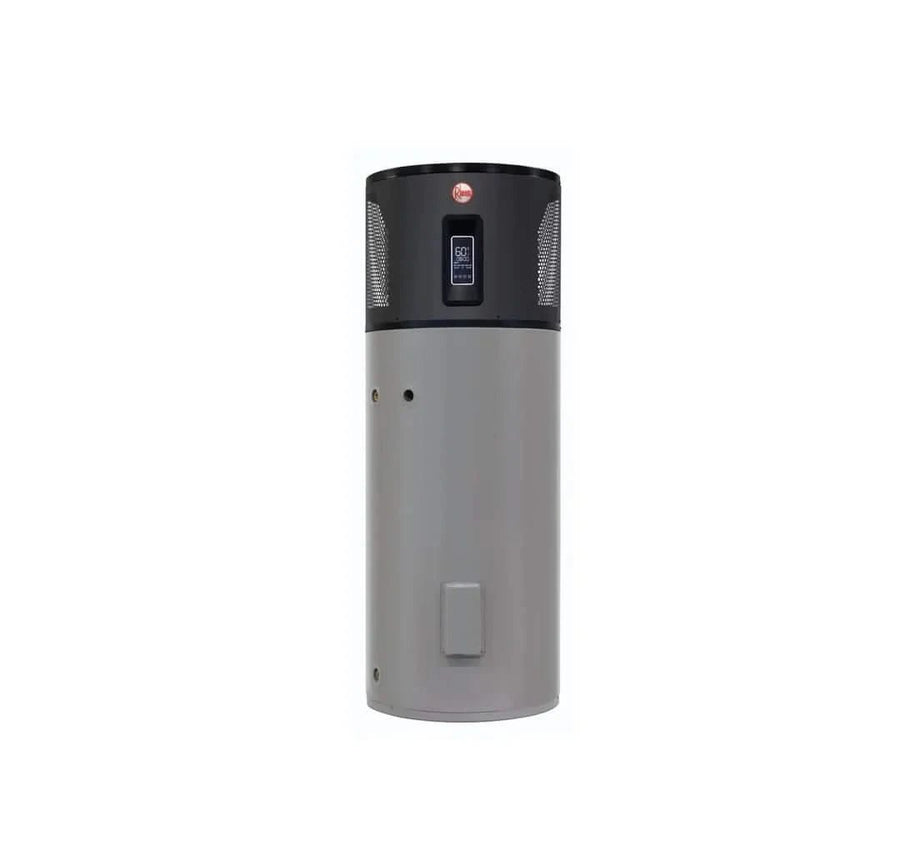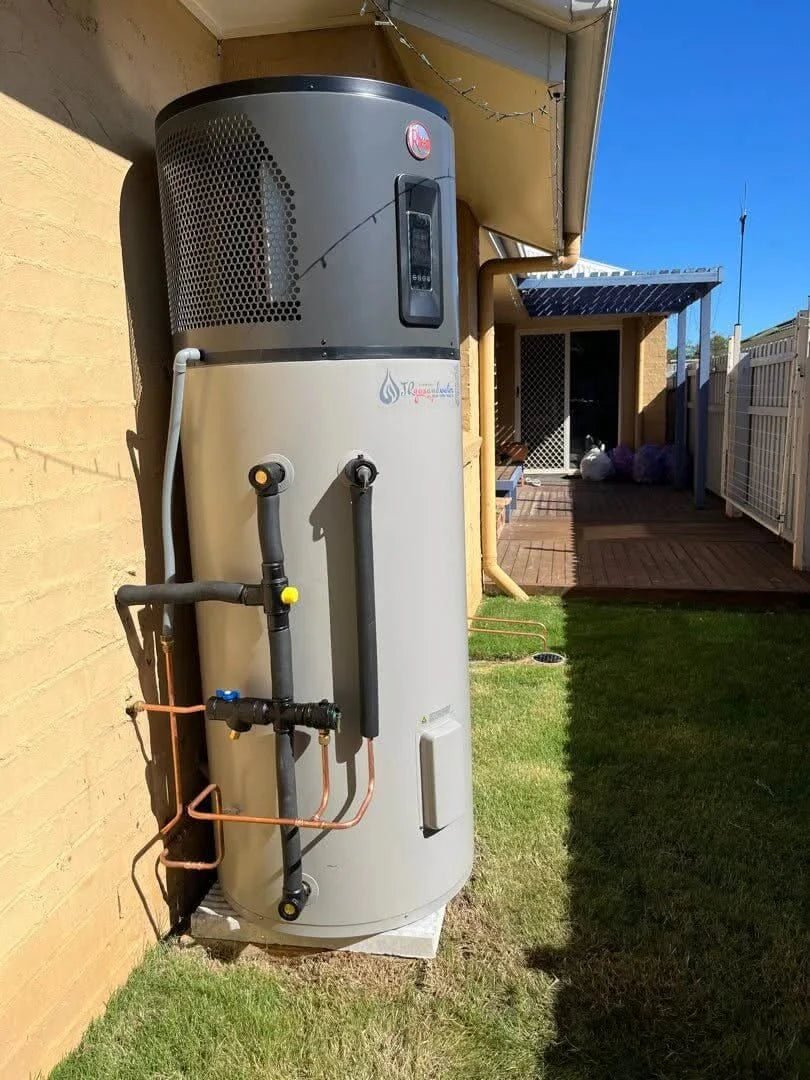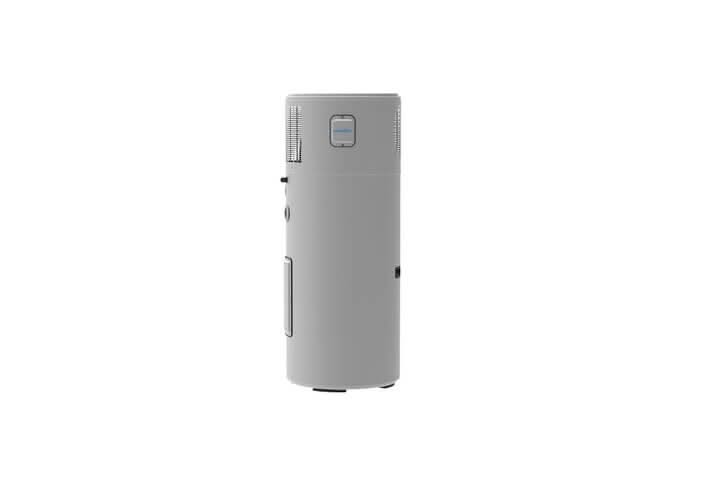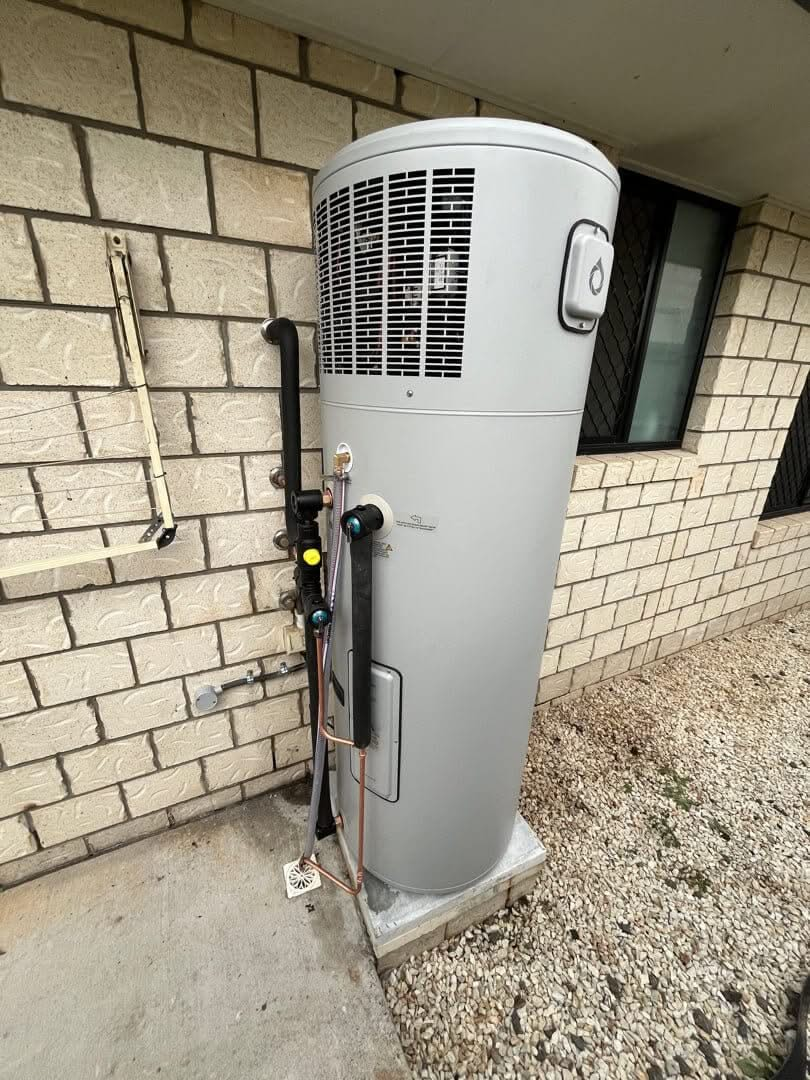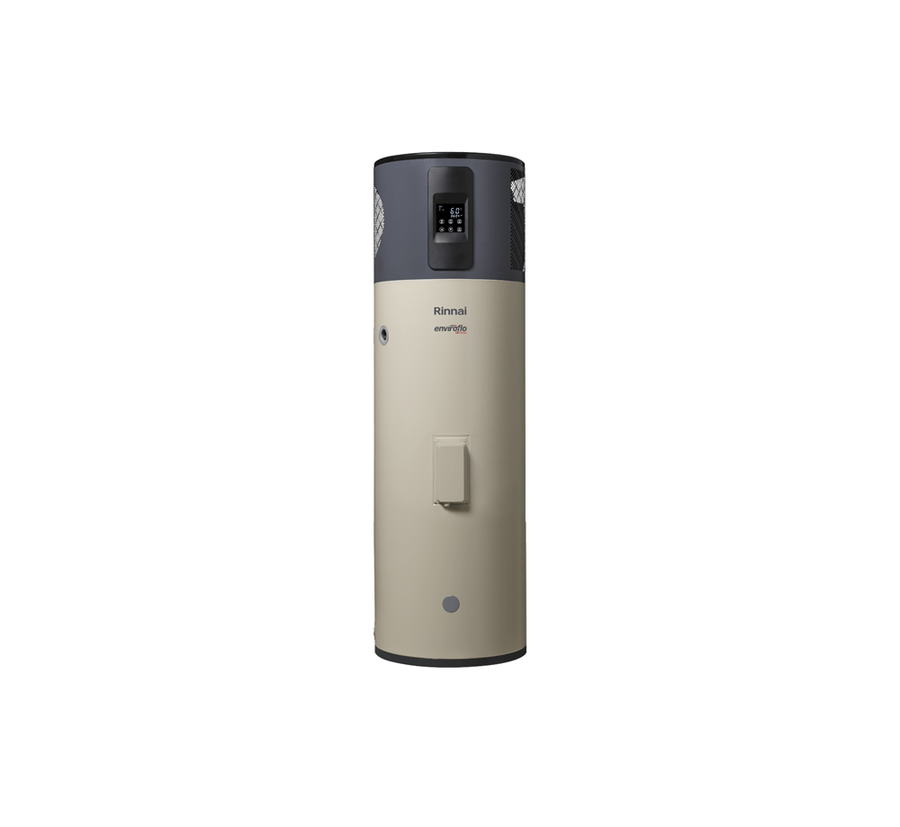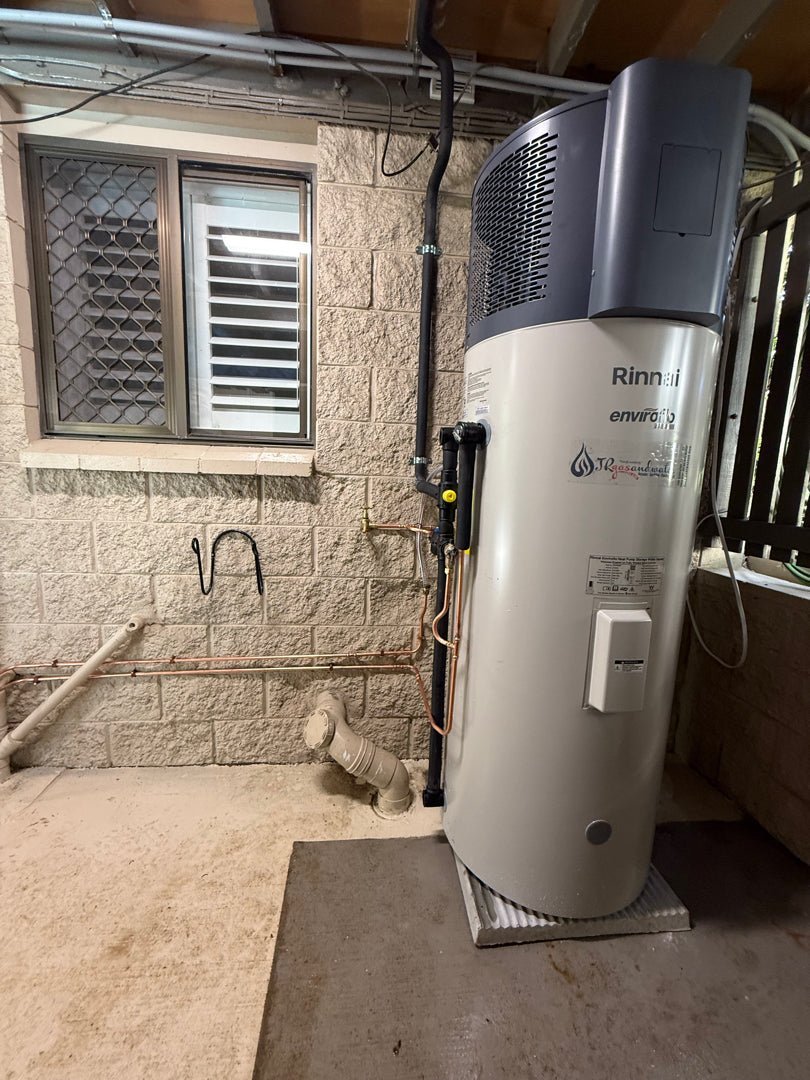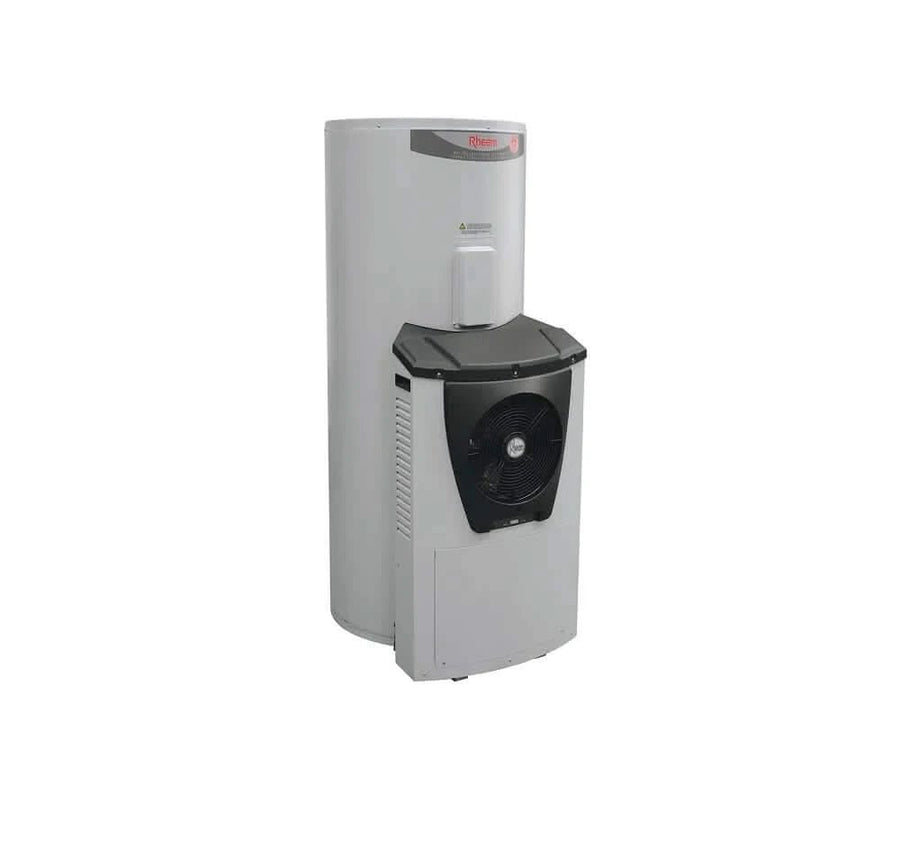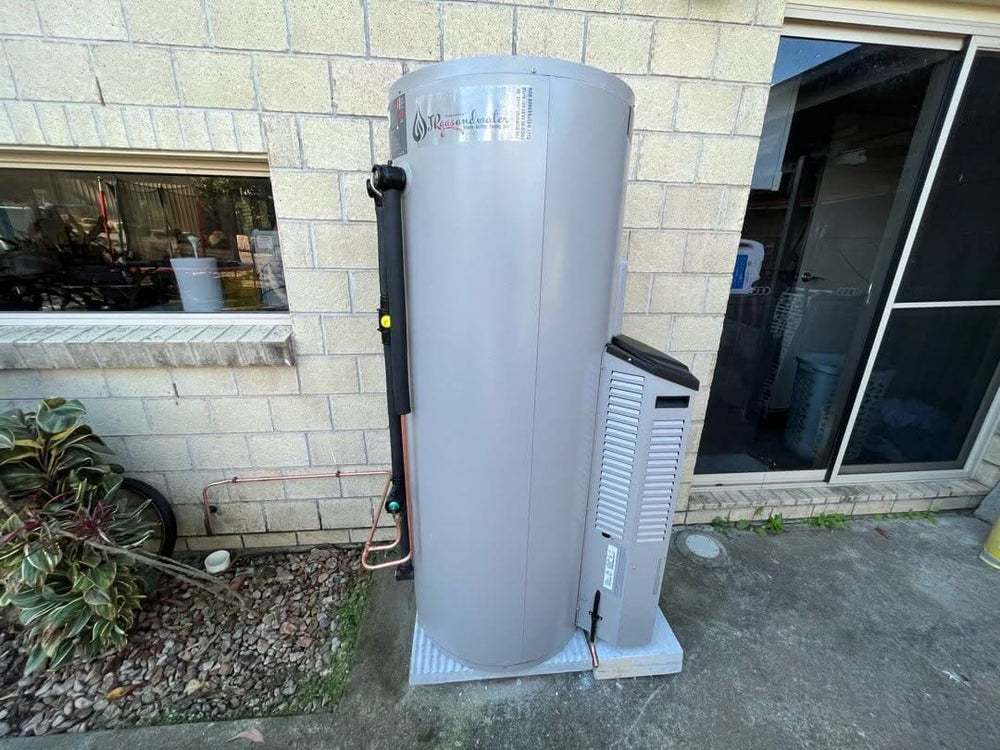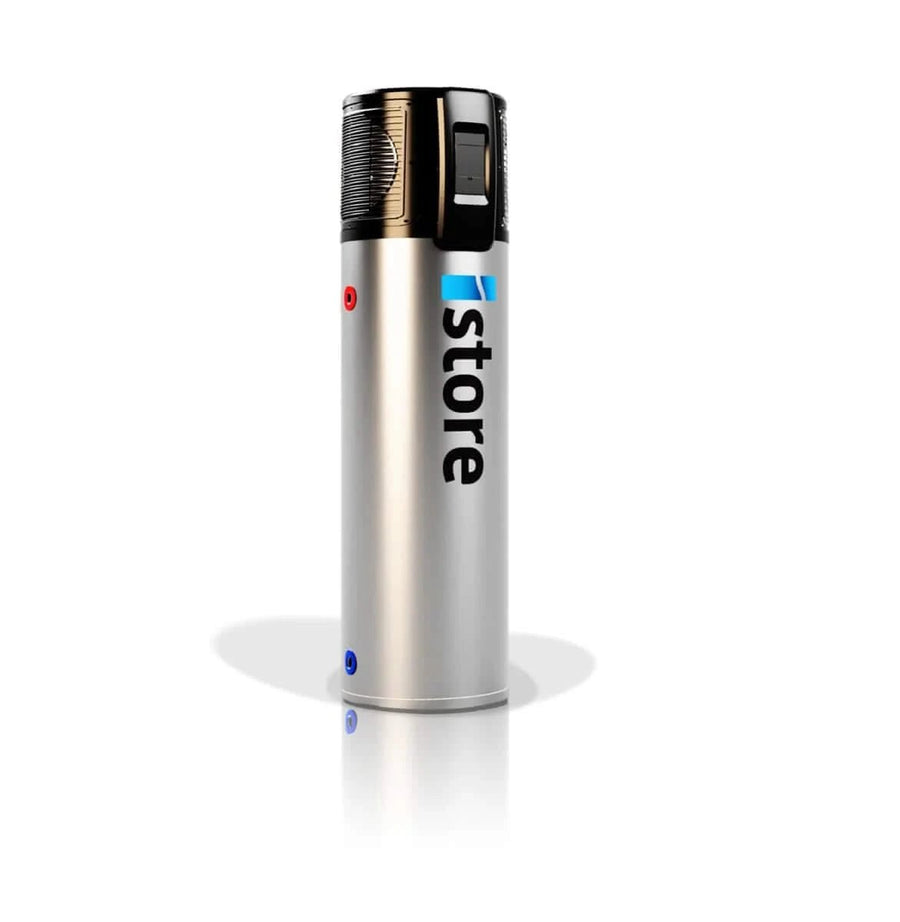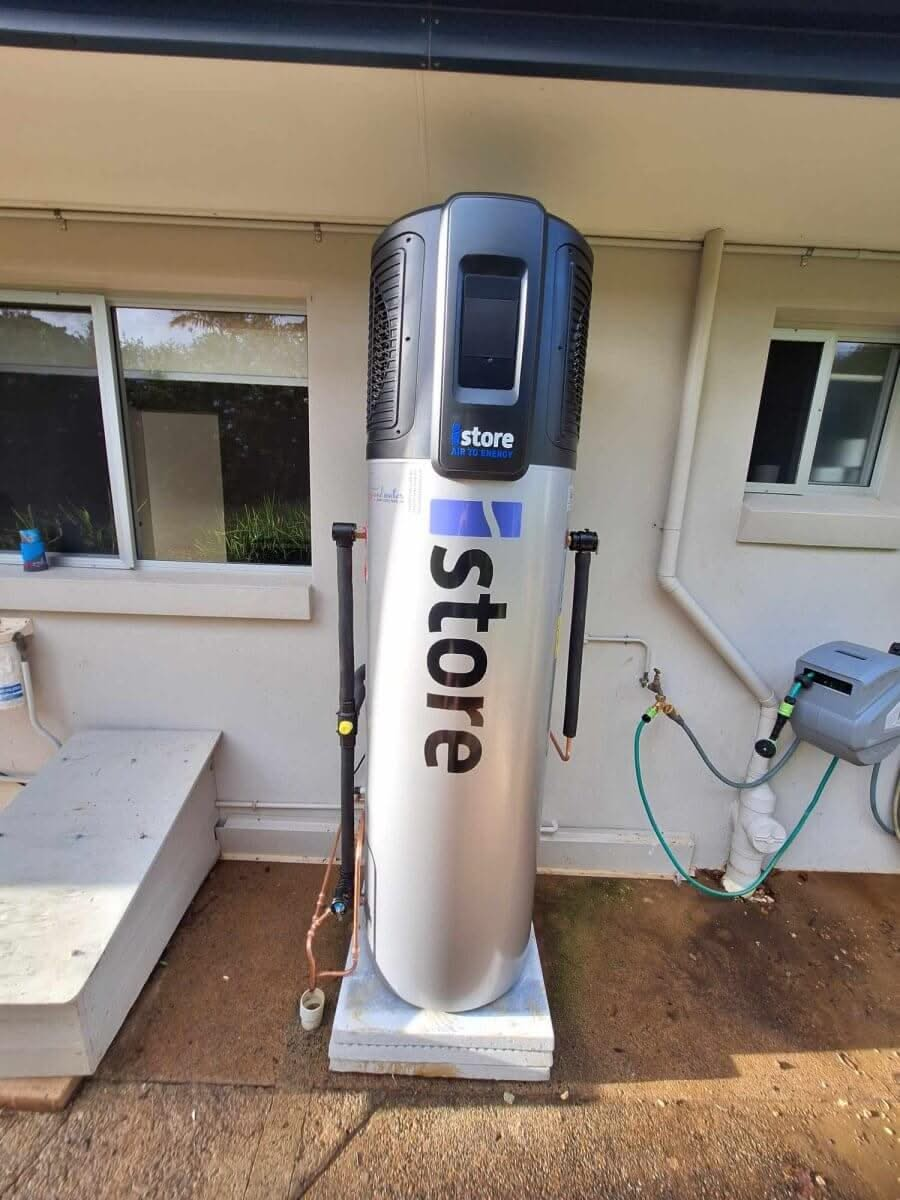Price Heat Pump Hot Water System: Affordable & Efficient Heating Solutions
When considering a heat pump hot water system, the price heat pump hot water system is a major factor. Understanding the costs associated with these systems is essential for making an informed decision. In this article, we will break down the initial purchase price, installation costs, and long-term savings of heat pump hot water systems. By the end, you’ll have a clear picture of what to expect financially and how to maximize your investment.
Key Takeaways
-
Heat pump hot water systems have higher initial costs but offer significant long-term savings due to their energy efficiency.
-
Government rebates and incentives significantly reduce the installation costs of heat pump systems, making them more accessible for homeowners.
-
Key factors to consider when choosing a heat pump hot water system include household size, water usage, local climate, and home insulation quality.
Understanding the Cost of Heat Pump Hot Water Systems

Understanding the cost of heat pump hot water systems involves looking at several factors: the initial purchase price, installation costs, and long-term savings. Though these systems may initially cost more than conventional electric water heaters, their efficiency and longevity can result in substantial savings in the long run.
These costs can be categorized into three main areas: initial purchase costs, installation expenses, and the long-term savings that justify the investment.
Initial Purchase Costs
The initial cost of heat pump hot water systems can vary significantly based on the quality and capacity of the unit. Good quality systems typically cost between $4,000 and $6,000 when installed, while mid-range units with less than 200 liters of capacity are usually priced around $2,000. These prices might seem steep at first glance, but remember that these systems are designed to provide more efficient and cost-effective heating over time.
Although heat pump systems have a higher initial cost than traditional electric or gas heat pump water heaters, the long-term savings and lower operating costs can offset this initial investment. These systems are known for their durability and efficiency, making them a smart choice for those looking to reduce their energy usage and costs in the long run.
Installation Costs
When planning for a new heat pump hot water system, installation costs are another critical factor to consider. On average, installation costs can range from $600 to $1,400 depending on the complexity of the installation. Factors such as the type and size of the system, the location of the installation, and the specific brand and model can all influence these costs.
Ensuring proper installation is essential for efficient and safe operation. Additional costs might include electrical work, such as upgrading the electrical service or installing a dedicated circuit.
Converting from a gas hot water system may require both a licensed plumber and electrician, increasing installation costs. However, the long-term energy savings make it a worthwhile investment.
Long-Term Savings
One of the most compelling reasons to invest in a heat pump hot water system is the long-term savings it offers. These systems are significantly more energy efficient than traditional electric heaters, using less electricity to heat water. Heat pump systems lower electricity consumption and running costs by transferring heat instead of generating it.
Moreover, switching to a heat pump hot water system can have a substantial environmental impact. It can prevent up to 17,675 kg of CO2 emissions over a decade. This reduction in greenhouse gas emissions not only benefits the planet but also aligns with global efforts to combat climate change.
The long-term savings on energy bills and the positive environmental effects make heat pump hot water systems an excellent investment for the future.
Types of Heat Pump Hot Water Systems and Their Prices
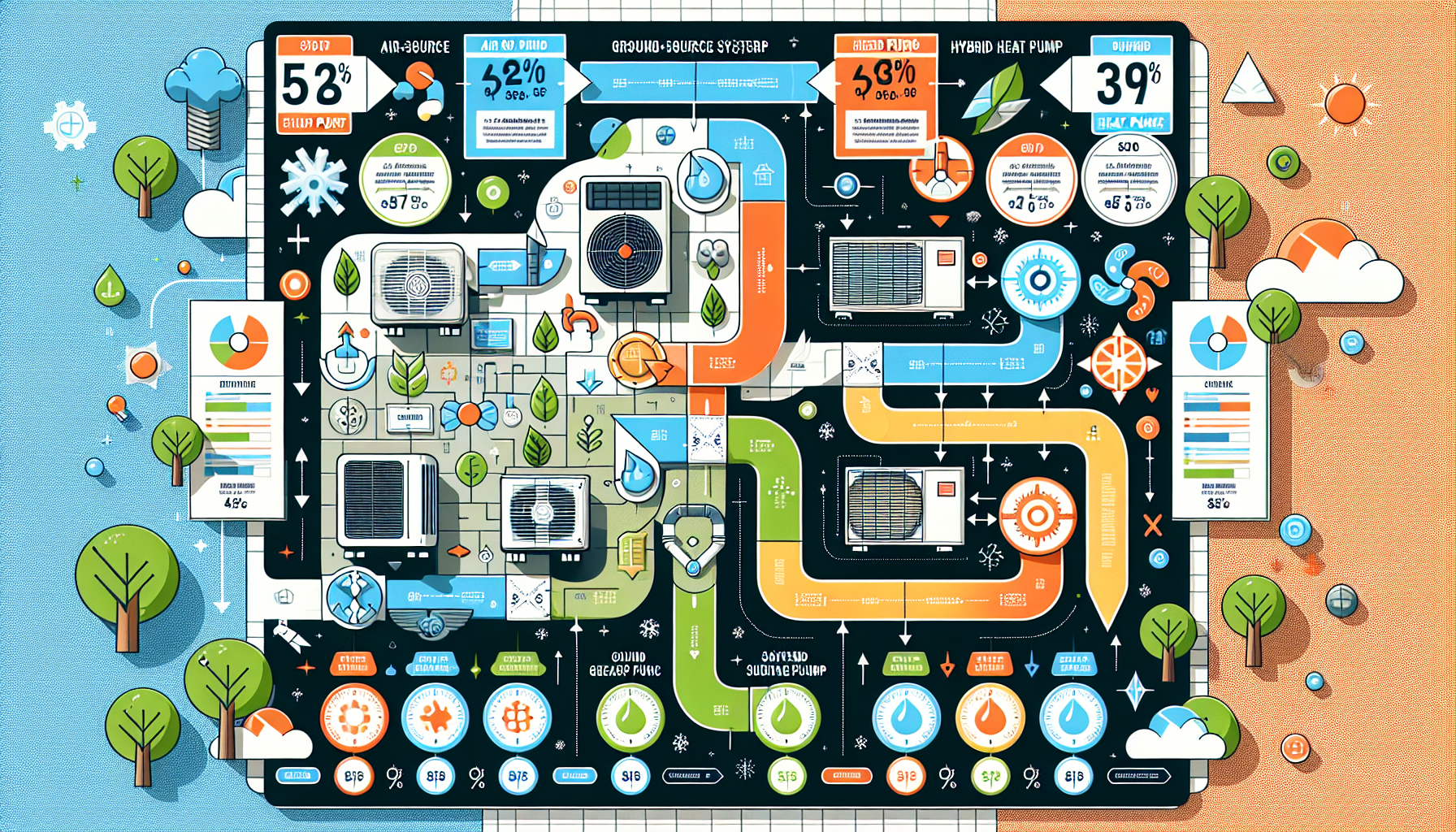
Heat pump hot water systems come in various types, each with its own set of advantages and price points. The main types include air-source, ground-source, and hybrid systems. Understanding the differences between these types can help you choose the best system for your needs and budget.
In Australia, the installation of heat pump hot water systems has surged, showing a 70% rise in the past year. This increase is partly due to the generous rebates available that can significantly offset installation expenses.
Here’s an overview of each type and their associated costs.
Air-Source Heat Pumps
Air-source heat pumps are the most commonly used heat pump systems for hot water. They are known for their efficiency and effectiveness, functioning by absorbing heat from the surrounding air and transferring it to a hot water storage tank. This method of extracting heat from the air makes them highly energy efficient, using 3 to 4 times less energy compared to conventional electric water heaters. Hot water heat pumps are a great option for those looking to improve their energy efficiency.
These systems are not only efficient but also versatile, providing both heating and cooling functionalities. The typical cost for air-source heat pumps, including installation, ranges from $2,500 to $5,500. This makes them a cost-effective choice for many households looking to reduce their energy costs and environmental impact.
Ground-Source Heat Pumps
Ground-source heat pumps, also known as geothermal heat pumps, utilize the stable thermal energy stored in the ground to heat water. These systems transfer heat from the ground to a heat exchanger, using superheated gases for efficient heating. Ground-source heat pumps are known for their high energy efficiency and consistent performance.
Installation costs for these systems can be higher due to the complexity of the required ground loop systems, such as horizontal, vertical, pond/lake, and open-loop systems.
Despite the higher installation costs, ground-source heat pumps offer significant long-term savings and are an excellent choice for those looking to invest in a highly efficient and sustainable heating solution.
Hybrid Heat Pumps
Hybrid heat pumps combine air-to-water heat pump technology with a gas condensing boiler to optimize energy use. These systems are designed to provide efficient heating by leveraging the strengths of both technologies. Hybrid heat pumps are particularly advantageous for renovations, allowing for integration with existing heating systems.
The cost of hybrid heat pumps can vary, but they generally offer a balance between the initial investment and long-term savings. By combining two types of heating technologies, hybrid heat pumps ensure that your home remains energy efficient while providing reliable hot water heating.
Government Rebates and Incentives

The cost of installing a heat pump hot water system can be significantly offset by taking advantage of government rebates and incentives. Various governmental programs are in place to promote the adoption of renewable energy systems, including heat pump hot water systems. These programs aim to make these systems more affordable and accessible to homeowners.
In Australia, both federal and state-specific rebate programs can be accessed, providing substantial financial incentives for installing heat pump hot water systems. Let’s explore these programs in more detail.
Federal STC Rebate
The Small-scale Technology Certificates (STCs) program is a federal initiative designed to encourage the adoption of renewable energy systems, including heat pump hot water systems. Under this program, consumers can receive certificates that can be sold to offset the cost of purchasing and installing these systems. The STCs program provides a financial incentive, making it more affordable for homeowners to switch to energy-efficient hot water systems.
Participating in the STCs program allows homeowners to reduce their initial investment and benefit from the long-term savings and environmental advantages of heat pump hot water systems.
State-Specific Rebates
In addition to the federal STC program, various states in Australia offer their own rebate programs to further encourage the adoption of energy-efficient hot water systems, including incentives for a new hot water system. For example, New South Wales offers the Home Energy Efficiency Retrofits rebate, which varies based on the type of water heating system being replaced.
In Victoria, eligible households can receive a $1,000 rebate for replacing their existing hot water systems with heat pump units. These state-specific incentives can range from $400 to $670, providing additional financial support to homeowners looking to make the switch to more efficient hot water systems.
Utilizing these rebates can significantly lower installation costs, allowing homeowners to enjoy a more energy-efficient home.
Comparing Heat Pump Hot Water System Brands
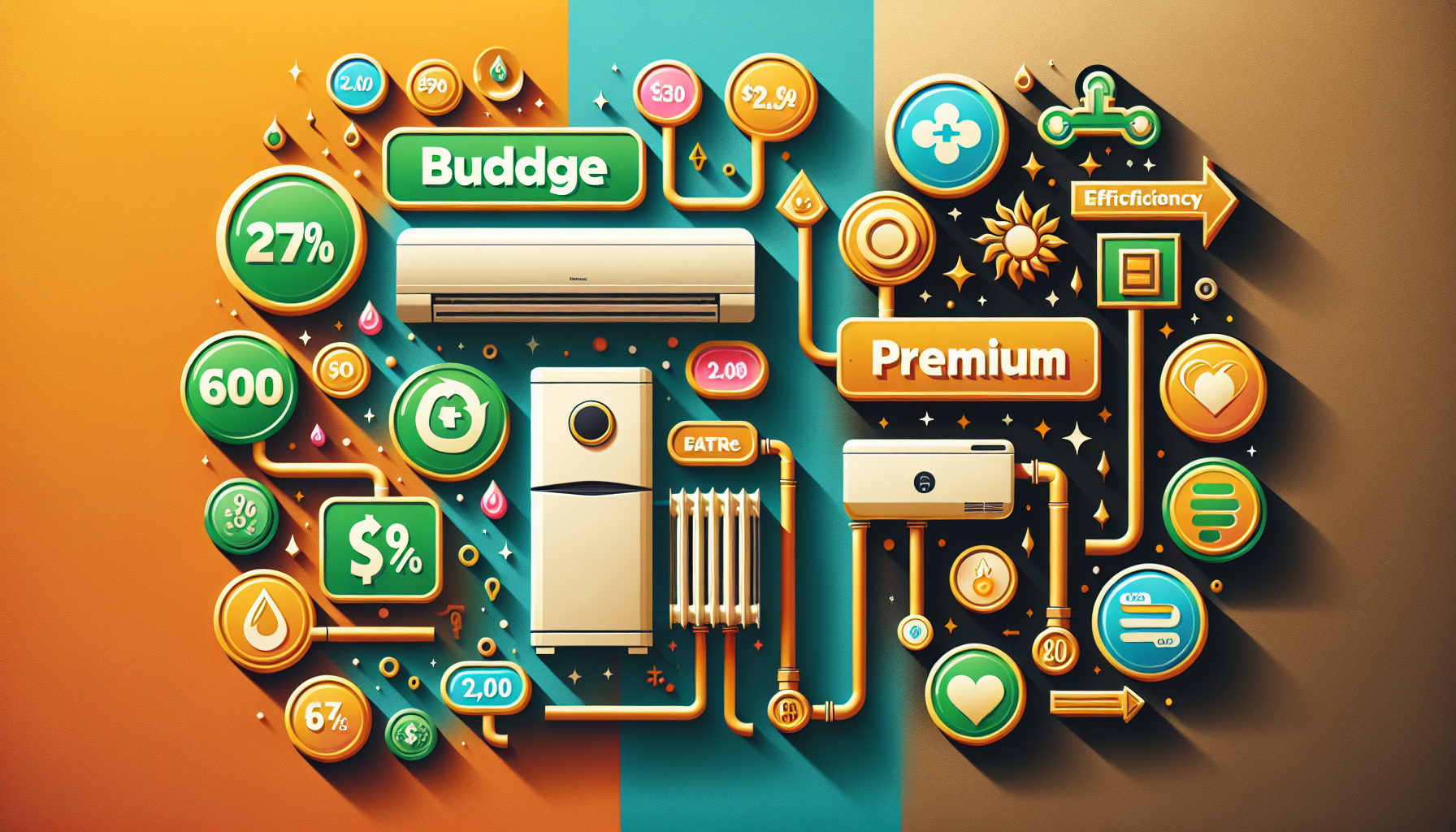
Choosing the right brand for your heat pump hot water system is crucial for ensuring you get the best performance and value for your investment. There are several brands on the market, each offering different features and price points. Comparing these brands helps make an informed decision suited to your budget and heating requirements.
Let’s take a look at some of the top budget-friendly and premium brands available.
Top Budget-Friendly Brands
iStore is a leading brand for those seeking a cost-effective option. iStore heat pumps typically range from around $2,400 to $2,700, making them an accessible option for budget-conscious buyers. Despite their economical pricing, iStore heat pumps are known for their efficiency and reliability, providing a solid choice for those seeking affordable heating solutions.
The iStore brand has gained attention for its balance of basic functionality and affordability, making it a popular choice among homeowners looking to reduce their energy costs without breaking the bank.
Premium Brands
For those ready to invest more upfront for advanced features and superior performance, premium brands like Reclaim Energy and Sanden are excellent choices. Reclaim Energy’s heat pumps are among the most expensive, often exceeding $5,000, but are known for their excellent efficiency and innovative technology. These high-end products offer significant long-term savings and advanced features that justify their premium price point.
Similarly, Sanden heat pumps are recognized for their superior performance and durability. While they come at a higher cost, the advanced technology and efficient performance of Sanden products make them a worthwhile investment for those seeking the best in heat pump hot water systems.
Investing in premium brands can result in better long-term savings and a more reliable heating system for your home.
Maintenance Costs and Considerations
Maintenance is a crucial aspect of owning a heat pump hot water system. Regular upkeep ensures the system operates efficiently and extends its lifespan, ultimately reducing energy costs and preventing costly repairs. Understanding the maintenance requirements and costs can help you prepare and budget for the long-term care of your system.
Routine maintenance and professional servicing are essential for optimal performance of heat pump hot water systems.
Routine Maintenance
Routine maintenance tasks are vital for ensuring the longevity and efficiency of your heat pump hot water system. Tasks include annual professional servicing, cleaning air filters, and checking refrigerant levels. Regular maintenance prevents costly repairs and ensures smooth operation.
Homeowners can also perform simple maintenance tasks, such as cleaning the outdoor unit from debris, to help maintain the system’s efficiency. Staying on top of routine maintenance keeps your system energy efficient and reliable, leading to lower running costs over time.
Professional Servicing
Regular servicing by qualified technicians, including checking refrigerant levels, cleaning air filters, and inspecting for potential issues, helps maintain optimal performance and prevent major repairs.
Professional servicing also involves cleaning blower motors, fan blades, and servicing coils. By investing in regular professional maintenance, you can enhance the energy efficiency of your system, reduce energy bills, and extend the lifespan of your heat pump hot water system.
Exceptional customer service from maintenance providers can further ensure your system remains in top condition.
Energy Efficiency and Savings
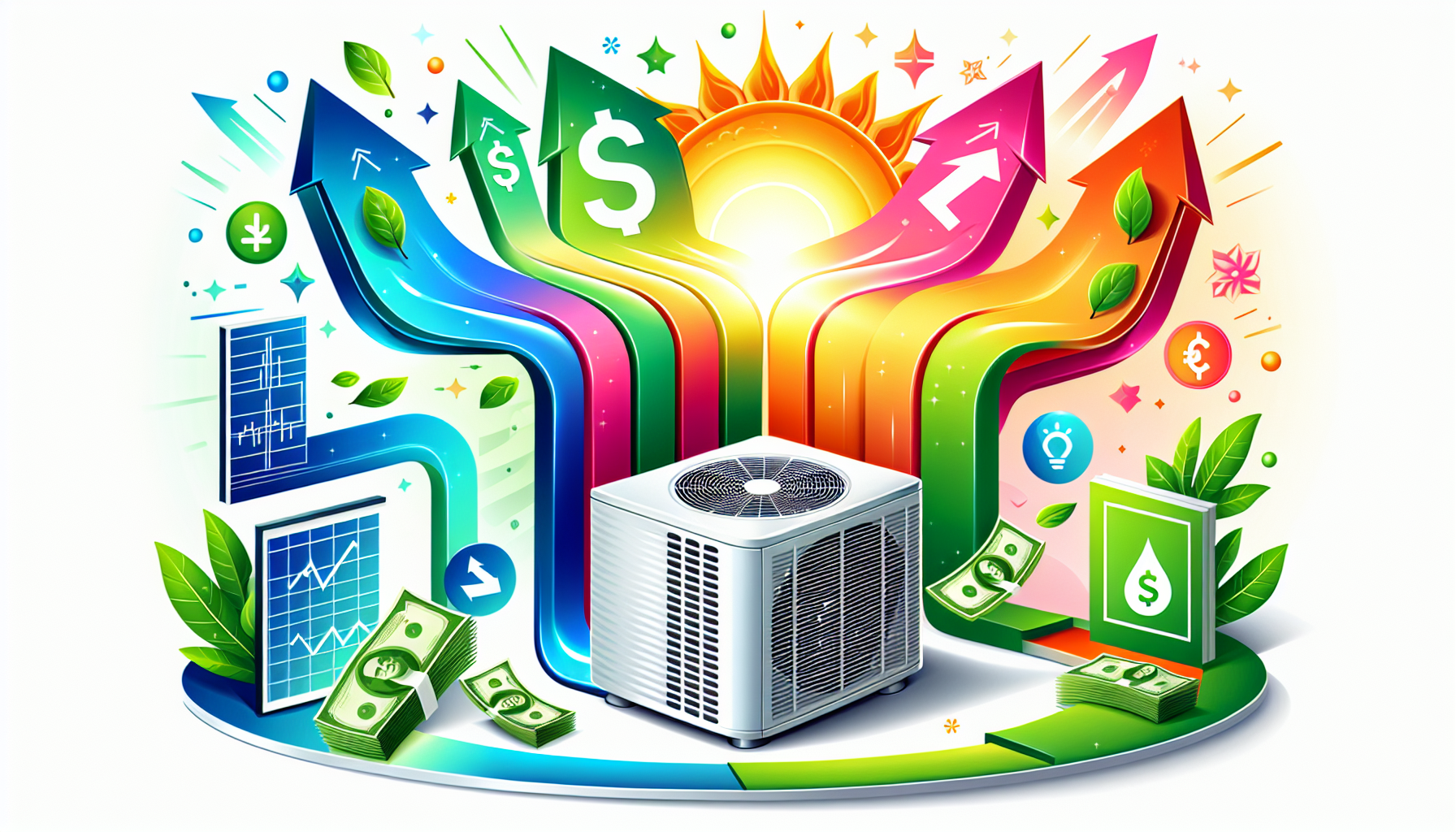
A standout benefit of heat pump hot water systems is their energy efficiency. These systems can be two to three times more energy efficient than traditional electric heaters, leading to significant reductions in energy costs. Using advanced heat pump technology, these systems move heat rather than generate it, leading to lower energy consumption and reduced greenhouse gas emissions.
Here’s how heat pump systems achieve lower energy consumption and offer environmental benefits.
Lower Energy Consumption
Heat pump hot water systems use up to 70% less energy than traditional systems by moving heat energy using electricity rather than generating heat directly. This process, known as heat transfer, makes them more efficient than conventional electric heaters, especially when utilizing a hot water heat pump.
The federal STC program offers financial reductions based on the energy savings of heat pump hot water systems. Participating in this program allows homeowners to receive certificates that can be sold to offset installation costs, making heat pump systems a cost-effective choice for reducing energy usage and lowering running costs.
Environmental Benefits
Heat pump hot water systems offer significant environmental benefits by reducing CO2 emissions. These systems utilize heat from the surrounding air or ground, which is a renewable energy source, to heat water. This not only saves on energy costs but also reduces the carbon footprint of your household.
By choosing a heat pump hot water system, you contribute to global efforts to combat climate change and promote sustainable living. The combination of energy efficiency and reduced greenhouse gas emissions makes these systems an excellent choice for environmentally-conscious homeowners.
Factors to Consider When Choosing a Heat Pump Hot Water System
Selecting the right heat pump hot water system requires considering factors like household size, hot water usage habits, climate, and insulation quality. These factors can significantly impact the efficiency and performance of your chosen system.
Understanding these considerations can help you make an informed decision.
Household Size and Hot Water Usage
Household size and hot water usage are crucial when selecting a heat pump system. Demand is influenced by showering patterns, number of residents, and seasonal temperature variations. A typical individual uses approximately 50 liters of hot water daily, which impacts the overall system size needed.
When determining the required capacity, consider the number of bathrooms and the potential for simultaneous use of hot water outlets. During peak times, households may need to ensure their heat pump can handle simultaneous hot water demands from multiple sources.
Climate and Insulation
The efficiency of heat pump hot water systems is influenced by the local climate and the home’s insulation quality. In warmer climates, heat pumps operate more efficiently as they rely on ambient air for heating water. Proper insulation of the home can reduce heat loss from the storage tank, enhancing the overall efficiency of the heat pump.
Ensuring your home is well-insulated can significantly improve the performance of your heat pump hot water system by minimizing energy loss and maintaining a consistent temperature. This not only boosts energy efficiency but also helps reduce energy costs over time.
Summary
In summary, heat pump hot water systems offer a highly efficient and environmentally-friendly solution for household heating needs. While the initial purchase and installation costs might be higher compared to traditional systems, the long-term savings and reduced energy bills make them a wise investment. These systems are available in various types, including air-source, ground-source, and hybrid models, each with its own set of advantages and price points.
Government rebates and incentives further enhance the affordability of these systems, making it easier for homeowners to make the switch. Regular maintenance and professional servicing ensure the longevity and optimal performance of heat pump hot water systems, leading to long-term savings and environmental benefits.
If you’re looking to reduce your energy costs and carbon footprint, consider investing in a heat pump hot water system. With the right choice and proper maintenance, you can enjoy efficient and reliable hot water heating for years to come.
Frequently Asked Questions
What are the initial costs of a heat pump hot water system?
The initial costs for a heat pump hot water system generally range from $2,000 for mid-range units to $4,000 to $6,000 for higher quality systems. Investing in these systems can lead to long-term energy savings.
How do government rebates help reduce the cost of heat pump hot water systems?
Government rebates effectively lower the initial purchase and installation costs of heat pump hot water systems, making them more accessible and affordable for consumers. This financial support encourages the adoption of energy-efficient technologies.
What are the main types of heat pump hot water systems?
The main types of heat pump hot water systems are air-source, ground-source (geothermal), and hybrid heat pumps, each offering distinct advantages and associated costs. Understanding these options can help you choose the most efficient system for your needs.
How often should a heat pump hot water system be serviced?
A heat pump hot water system should be serviced annually by a professional to ensure optimal performance. Additionally, homeowners should regularly clean air filters and the outdoor unit to maintain efficiency.
What are the environmental benefits of using a heat pump hot water system?
Using a heat pump hot water system significantly lowers CO2 emissions by leveraging renewable energy sources, leading to decreased energy consumption and a smaller carbon footprint. This makes it an environmentally friendly choice for water heating.






